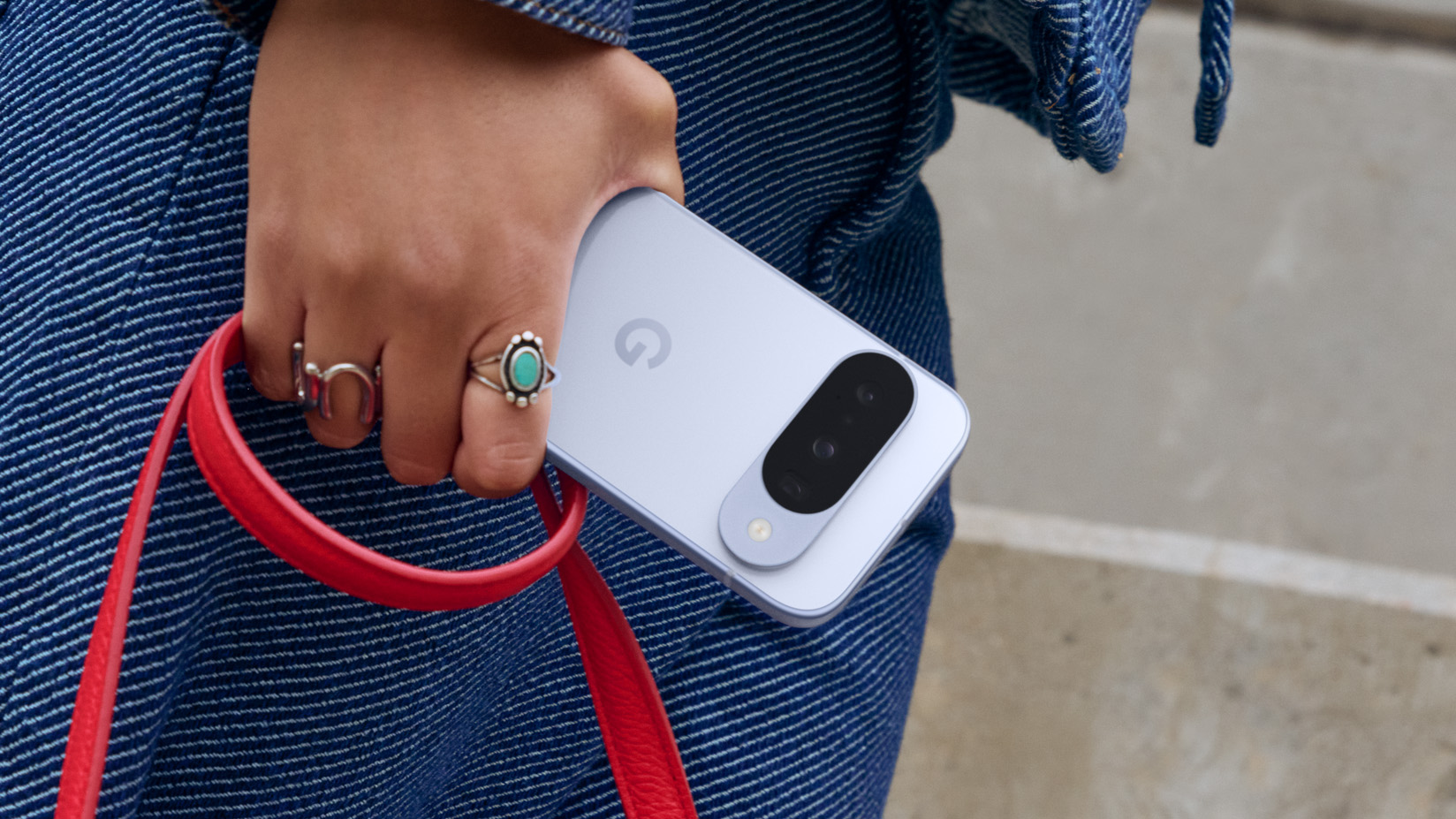US government agencies spent taxpayer money to buy your location data — what you need to know
New records reveal how government agencies used data brokers to bypass the Fourth Amendment

A shocking new report from the ACLU has revealed how several government agencies purchased smartphone location data in effort to bypass the Fourth Amendment rights of US citizens.
For those unfamiliar, the Fourth Amendment protects citizens against unreasonable government searches and seizures. However, by buying troves of cell phone location data, Customs and Border Protection (CBP), Immigration and Customs Enforcement (ICE) and other parts of the Department of Homeland Security (DHS) were able to keep tabs on Americans without a warrant.
The records highlighted in the ACLU’s report were obtained last year through a Freedom of Information Act (FOIA). To make matters worse, DHS spent millions of taxpayer dollars to purchase access to cell phone location data collected by two prominent data brokers.
Back in the beginning of 2020, The Wall Street Journal first reported on the fact that CBP and ICE purchased access to American’s location data without a warrant. Following this news, the ACLU submitted a FOIA request to obtain the records in question.
Doing business with data brokers
According to the ACLU, DHS purchased the smartphone location data of American citizens from the data brokers Venntel and Babel Street.
Based on a marketing brochure from Venntel, law enforcement can use the data it purchased to “identify devices observed at places of interest” and to “identify repeat visitors, frequented locations, pinpoint known associates, and discover patterns of life”.
Although the data itself doesn’t contain any personally identifiable information (PII) as it’s associated with a smartphone’s numerical identifier as opposed to a person’s name, government investigators can still use it to identify and track specific individuals or everyone in a particular location.
Get instant access to breaking news, the hottest reviews, great deals and helpful tips.
After reviewing 6,168 pages of location records obtained from its FOIA request, the ACLU found they contain approximately 336,000 location points obtained from user’s smartphones. For instance, the records from one three-day period back in 2018 contain around 113,654 location points which is more than 26 points per minute.
If you’re wondering where all of this data came from, data brokers like Venntel and Babel Street quietly extract it from smartphone apps installed on user’s devices. This is why you should always be careful when installing new apps and ensure that you carefully read through the permissions they request.

The Fourth Amendment Is Not For Sale Act
In order to prevent government agencies from using the smartphone location data of American citizens without a warrant, senators Ron Wyden and Rand Paul have put forth a new bill.
The bipartisan legislation, known as The Fourth Amendment Is Not For Sale Act, would require the government to secure a court order before obtaining the data of American citizens from data brokers.
In a press release announcing the bill, Wyden provided further insight on how it would prevent government agencies from secretly doing business with data brokers, saying:
“Doing business online doesn’t amount to giving the government permission to track your every movement or rifle through the most personal details of your life. There’s no reason information scavenged by data brokers should be treated differently than the same data held by your phone company or email provider. This bill closes that legal loophole and ensures that the government can’t use its credit card to end-run the Fourth Amendment.”
What you can do to protect yourself from government snooping
Although you can use one of the best VPN services to prevent the US government and other third-parties from tracking your online activity, a VPN wouldn’t really help in this case as the data in question is being collected from apps themselves along with GPS information.
As such, like we mentioned before, you need to be really careful regarding the apps you download. Looking over their privacy policies on either the Google Play Store or Apple App Store can help but not all companies fully explain how they utilize the data they collect from their users.
Unless you plan on leaving your smartphone at home or switching to a flip phone, you’ll want to know how to disable location tracking on Android and how to disable location tracking on iPhone for additional peace of mind.
Until Congress and the Senate decide to pass The Fourth Amendment Is Not For Sale Act or some other similar legislation, the practice of purchasing location data from data brokers will likely continue.

Anthony Spadafora is the managing editor for security and home office furniture at Tom’s Guide where he covers everything from data breaches to password managers and the best way to cover your whole home or business with Wi-Fi. He also reviews standing desks, office chairs and other home office accessories with a penchant for building desk setups. Before joining the team, Anthony wrote for ITProPortal while living in Korea and later for TechRadar Pro after moving back to the US. Based in Houston, Texas, when he’s not writing Anthony can be found tinkering with PCs and game consoles, managing cables and upgrading his smart home.
 Club Benefits
Club Benefits





